B Raman
L'Affaire Ijaz is Pakistan's internal affair. However, the re-surfacing of Ijaz from oblivion could uncomfortably remind us of the naivete of the National Democratic Alliance government which lionised him in 2000-01 and amazingly without verification accepted his claims that he could help in bringing peace to Jammu and Kashmir, writes security expert B Raman.
In the wake of the allegations levelled by Mansoor Ijaz, the controversial US businessman of Pakistani origin, against Hussain Haqqani, the Pakistani Ambassador to the United States, two separate bouts of boxing are going on simultaneously in Pakistan -- Ijaz vs Haqqani and President Asif Ali Zardari vs General Ashfaq Pervez Kayani -- the Chief of the Army Staff.
As I had mentioned in my previous article on this subject, there has so far been no smoking gun on the basis of which anyone can be hung.
Ijaz, who has made a series of claims regarding his contacts with Haqqani on May 9,2011, in a London Hotel and subsequently, has carefully built up an electronic trail that could support his claims and allegations and handed it over to Lt Gen Ahmed Shuja Pasha, the Director-General of the Inter-Services Intelligence, during a meeting in London on October 22,2011.
...
Will Haqqani's examination prove anything?
Image: Husain HaqqaniThe electronic trail would have been in the Blackberry devices of both Haqqani and Ijaz. Whereas Ijaz would seem to have saved the trail and given it to the ISI, it is not clear whether Haqqani has saved or erased it.
He has offered to hand over his BB for forensic examination to any enquiry committee set up by the Government or the National Assembly. If it turns out during the forensic examination that there is no electronic trail in Haqqani's BB, he would have difficulty in explaining it and the Army's suspicion against him would be further strengthened.
If the National Assembly decides to hold an enquiry, it will have to depend on the Ministry of the Interior headed by Rehman Malik for a forensic examination of Haqqani's BB. Thus, there could be two forensic examinations -- one by the ISI of the material handed over by Ijaz, which must have been already done -- and another by the Ministry of the Interior of the material handed over by Haqqani.
Reconciling any contradictions between the two forensic examinations of materials of different origin could further exacerbate the suspicions of the Army against Haqqani and even Zardari himself.
...
Pak SC is undecided about conducting an enquiry
Image: Supreme Court of PakistanThere is a third possibility. Sections of the Pakistani media have reported that a public interest petition has been filed before Chief Justice Iftikhar Muhamed Chaudhury of the Pakistan Supreme Court, requesting that he should monitor the investigation into the case.
He has not so far reacted to it. If he decides to do so, the ISI may have to suspend its enquiry and the National Assembly may not order its own enquiry.
The matter could get prolonged and the question would arise as to what to do with Haqqani in the meanwhile -- replace him honourably without waiting for the results of the enquiries or allow him to continue in office and fight it out. Will the Army agree to his continuing in office?
The boxing bout between Zardari and Kayani is unlikely to lead to any military coup against him. The Army may not be able to get any coup validated by the judiciary.
Moreover, when the enquiries are still on, the Army would have no grounds for intervening. The Army would most probably wait and watch while keeping up the pressure for removing Haqqani from office.
To build up the pressure, Kayani might refer the matter to his Corps Commanders and get their support for removing Haqqani.
...
The Atal govt had extended Ijaz many courtesies
Image: Former Prime Minister Atal Bihari VajpayeeAs long as L'Affaire Ijaz is not settled in a manner mutually satisfactory to the civilian and Army leaderships, the uneasy vibrations between the elected civilian leadership and the Army would add to the already existing suspicions between Zardari and Kayani.
The civilian leadership might find itself reduced to a lame-duck administration till the next elections due in the beginning of 2013.
L'Affaire Ijaz is Pakistan's internal affair. However, the re-surfacing of Ijaz from oblivion could uncomfortably remind us of the naivete of the National Democratic Alliance government which lionised him in 2000-01 and amazingly without verification accepted his claims that he could help in bringing peace to Jammu and Kashmir.
The then NDA government headed by Atal Bihari Vajpayee extended to him extraordinary courtesies to facilitate his visits to Srinagar without any paper trail as an interlocutor supposedly blessed by the US. The details of what happened are too well known to need any recapitulation.
Since the middle 1990s, Ijaz has repeatedly taken many personalities in the US, India and Pakistan for a ride by projecting himself as a man of iconic influence and web of contacts in the corridors of power in Washington DC, Islamabad and New Delhi.
...
The issue needs to be handled intelligently
Despite this, eminent sub-continental personalities have been walking into his parlour again and again. This shows that naivete is perennial.
India has put its peace eggs in the basket of the elected Pakistani civilian leadership. It was already weak, but, despite this, had been able to carry the Army's GHQ along with it in some of its peace initiatives.
It is likely to be further weakened now if it doesn't handle intelligently the sequel to L'Affaire Ijaz. What could be the impact of the civilian-military boxing bout on Indo-Pakistan relations and the peace process?
This question would attract the attention of our policy-makers. Discreet silence combined with a discreet watch on the goings-on in Islamabad and Rawalpindi should be our policy till the dust settles down.

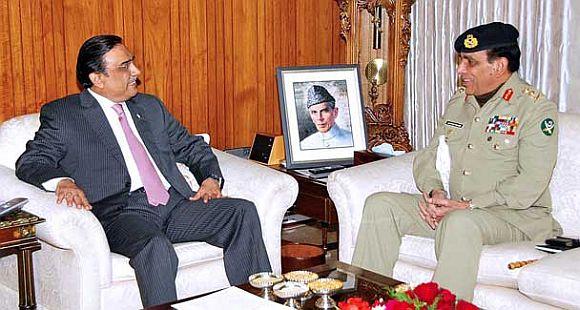
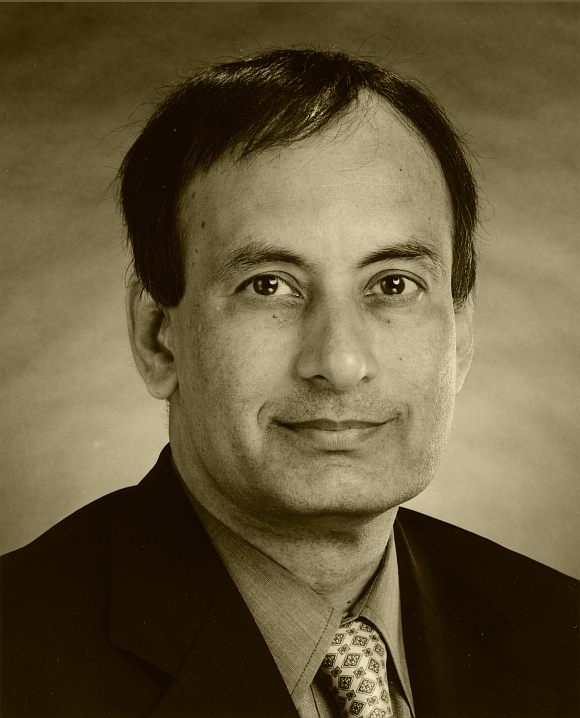
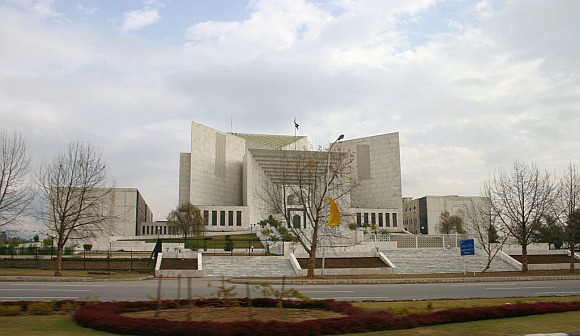
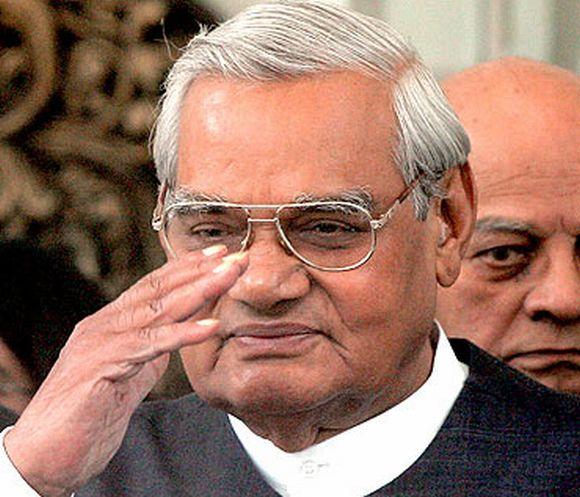
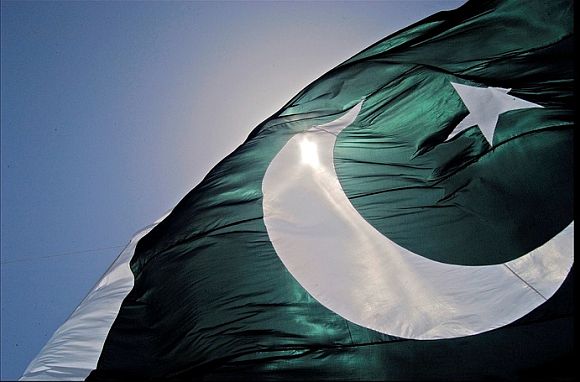
article